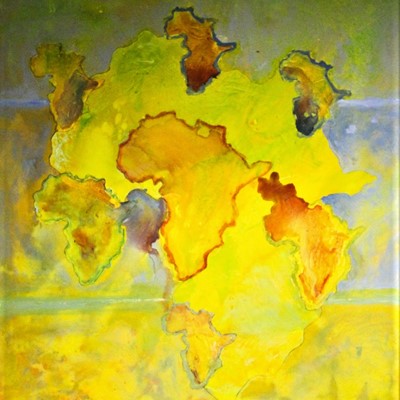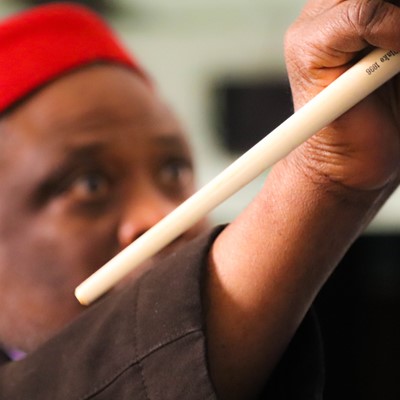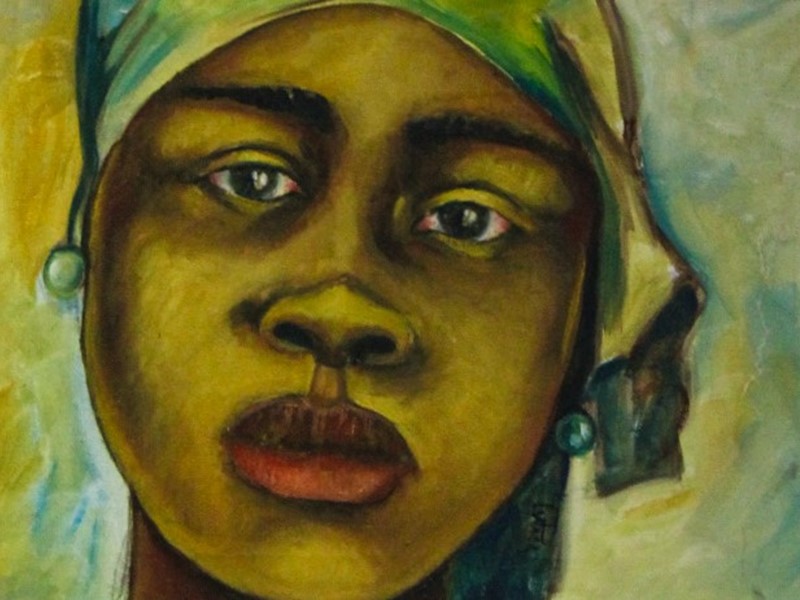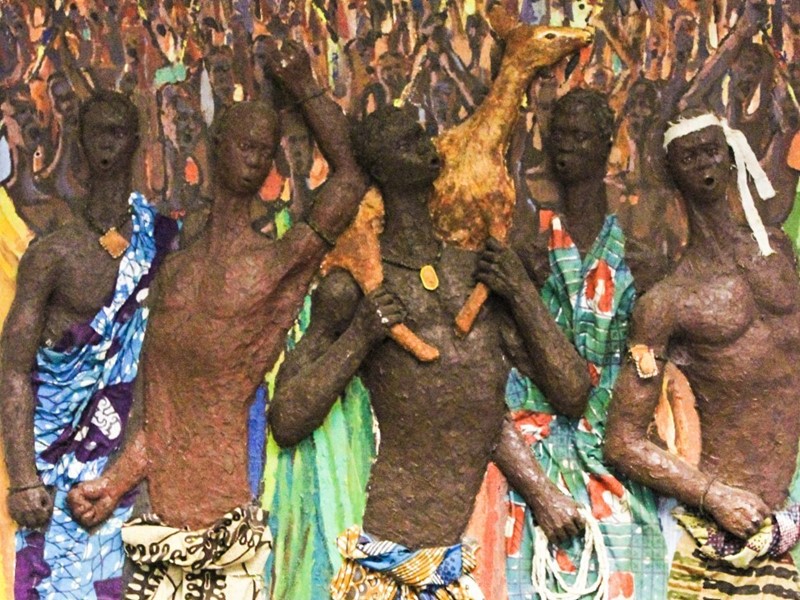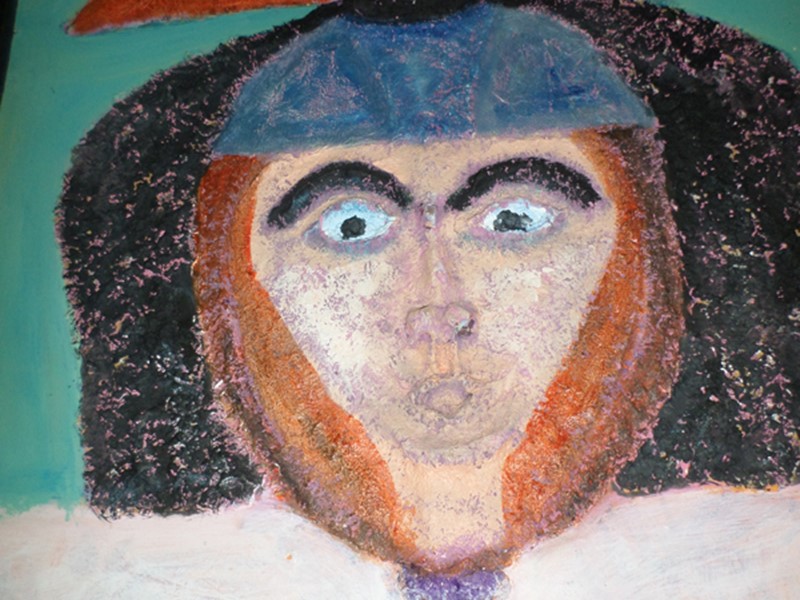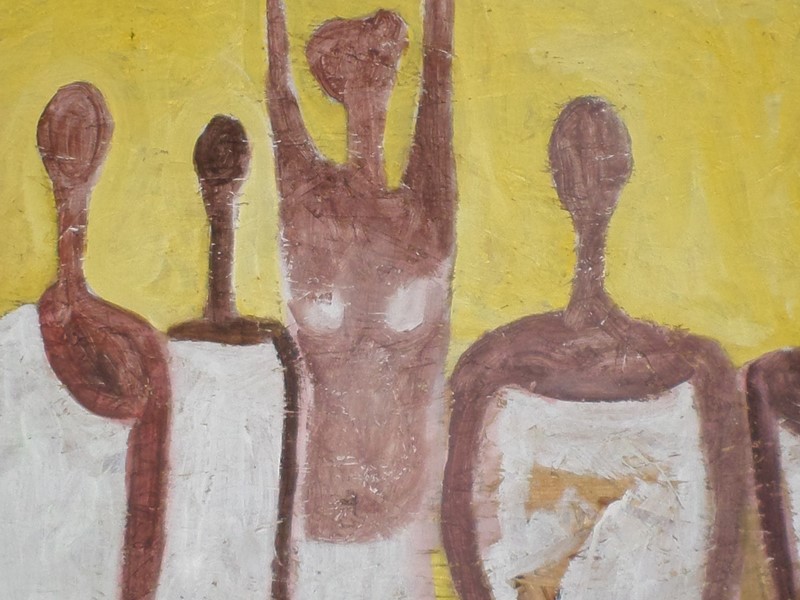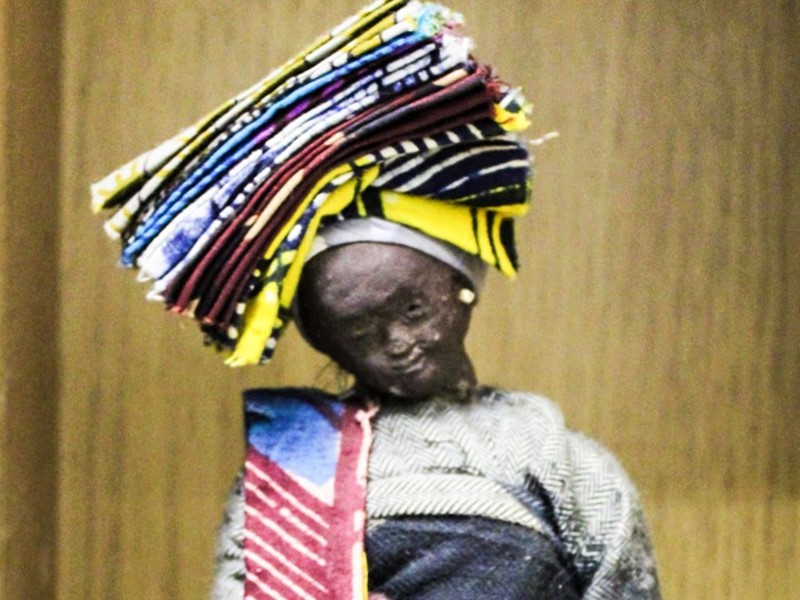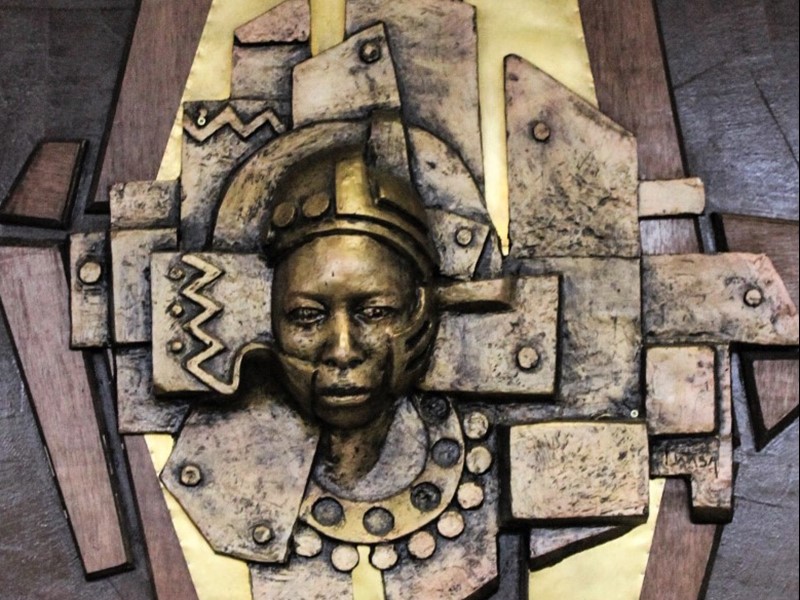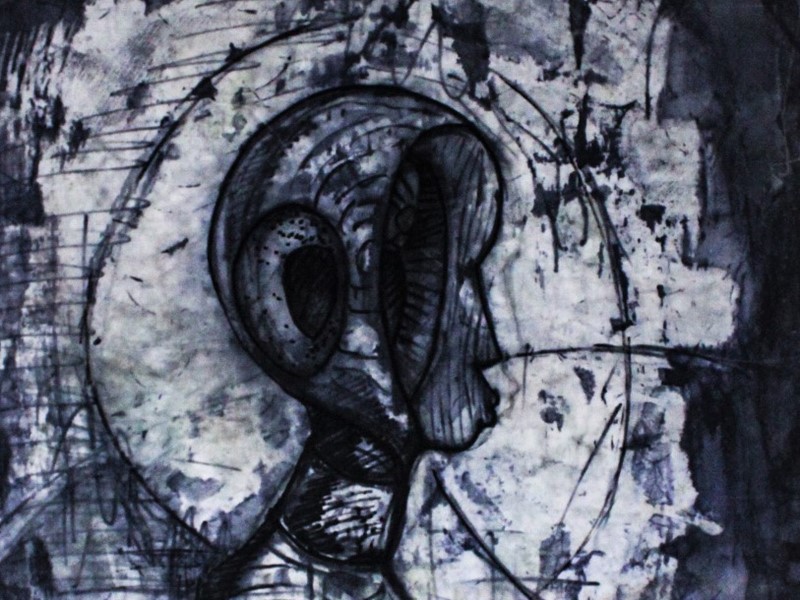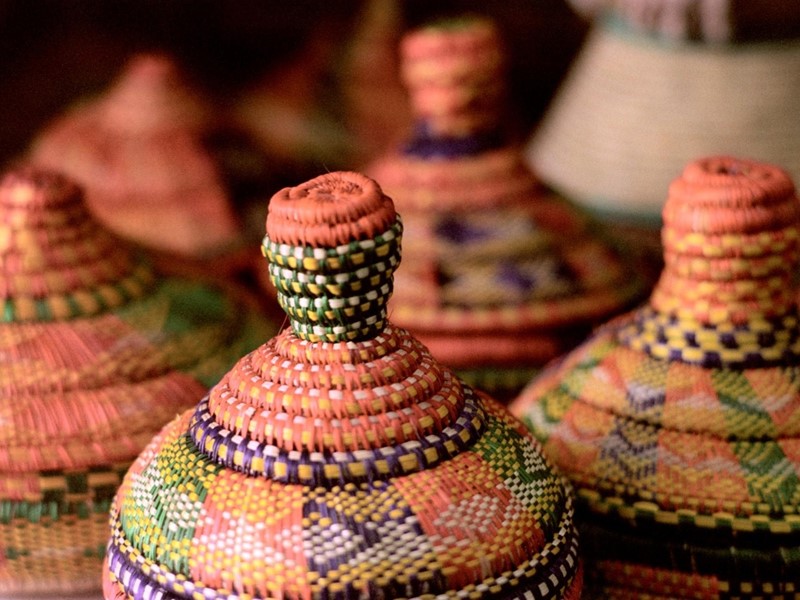






Scotland has long attracted waves of migrants to its fair shores and, at the end of WWII, Britain actively encouraged immigration from several Commonwealth countries in Africa and the Caribbean to ease the labour shortage. These new migrants accepted jobs in public transport, hotels, restaurants and hospitals, jobs that the British people often did not want to do themselves. Further migrations followed and, since 2004, Scotland has welcomed immigrant groups from Ghana, Liberia, Rwanda, Somalia and Senegal. Many of these late 20th and early 21st century newcomers did not want to leave their homelands but were compelled to flee from wars, atrocities and persecution.
